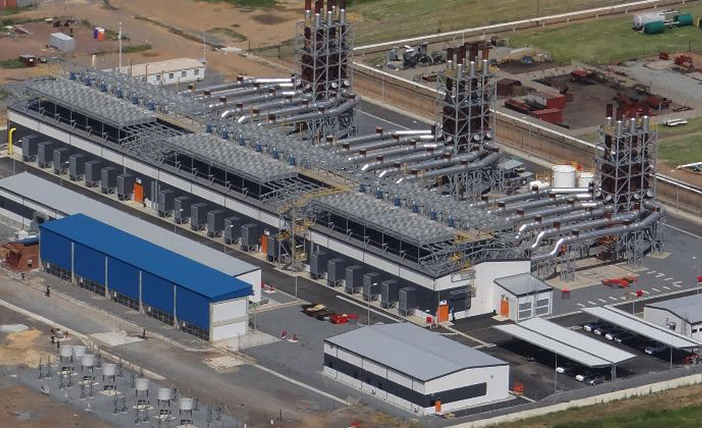- Following Sasol’s refusal to table South Africa’s first climate lobbying shareholder resolution, Sasol shareholders Just Share and Aeon Investment Management (Aeon) co-filed a second non-binding, advisory resolution ahead of Sasol’s 19 November AGM.
The resolution asks Sasol to improve and expand its disclosure of its direct and indirect climate lobbying, with a focus on: the climate lobbying activities of its industry associations; how it assesses whether these activities are aligned with the Paris Agreement; and the circumstances in which Sasol will terminate its membership of a relevant association on the basis of misalignment with the Paris Agreement’s goals.
On 22 September, Sasol notified Just Share and Aeon that it had declined to table the 14 September climate lobbying resolution. Sasol said:
The disclosure contained in our Climate Change Report for the year ended 30 June 2021 (CCR 2021), published on our website earlier today, already complies substantially with the requirements spelt out in your resolution and, as set out in our CCR 2021, we have committed to further enhance our disclosures taking into account, amongst others, the matters raised in your proposed non-binding advisory vote. There is therefore no need for shareholders to be required to vote on the resolution as its objectives have, by and large, been met in our CCR 2021.”
Accordng to Just Share, Sasol continues to take the approach that it can unilaterally “decline” to table shareholder resolutions, which is not supported by the country’s law. In the legal opinion received by Just Share earlier this year, advocates Tembeka Ngcukaitobi SC and Chris McConnachie concluded thatdirectors do not have a unilateral discretion to refuse to table shareholder-proposed resolutions on content-based grounds.
“The correct approach would have been for Sasol to engage with the co-filers, explaining that some of what the resolution asks for would be covered by its forthcoming disclosure, and asking the co-filers to decide whether to withdraw the resolution as a result, or to submit a revised resolution,” said Just Share and Aeon in a press statement.
Related news: Sasol ups its target emissions targets in South Africa to 30% by 2030
Just Share and Aeon claim that Sasol’s 2021 disclosure omits key elements of the request in the 14 September resolution. “The review is incomplete, and a number of its conclusions are not supported by independent assessments of Sasol’s climate lobbying and that of its industry associations,” they say.
The second resolution is reinforced by an independent briefing prepared by InfluenceMap. Following its assessment of Sasol’s 2021 Climate Change Report disclosure, InfluenceMap concludes that “the quality of Sasol’s industry association review process still falls considerably short of investor expectations”.
InfluenceMap, which “maintains a global system for tracking, assessing and scoring companies on their engagement with climate change policy against Paris-aligned benchmarks”, and is a research partner to Climate Action 100+, states:
InfluenceMap analysis indicates that Sasol likely holds three memberships to industry associations with misaligned climate policy engagement (ranked as a D or below by InfluenceMap’s system). These are Minerals Council South Africa (MINCOSA), the Japan Chemical Industry Association (JCIA), and Verband der Chemischen Industrie (VCI). InfluenceMap analysis indicates a further four memberships to industry associations potentially misaligned with the Paris Agreement (ranked as B- or below by InfluenceMap’s system) including European Chemical Industry Council (Cefic), Business Unity South Africa (BUSA), and Industry Task Team on Climate Change (ITTCC). Also, Sasol’s senior executives hold influential executive and committee positions at MINCOSA, BUSA, and ITTCC, all of which have engaged negatively on climate policy in South Africa.
Author: Bryan Groenendaal











